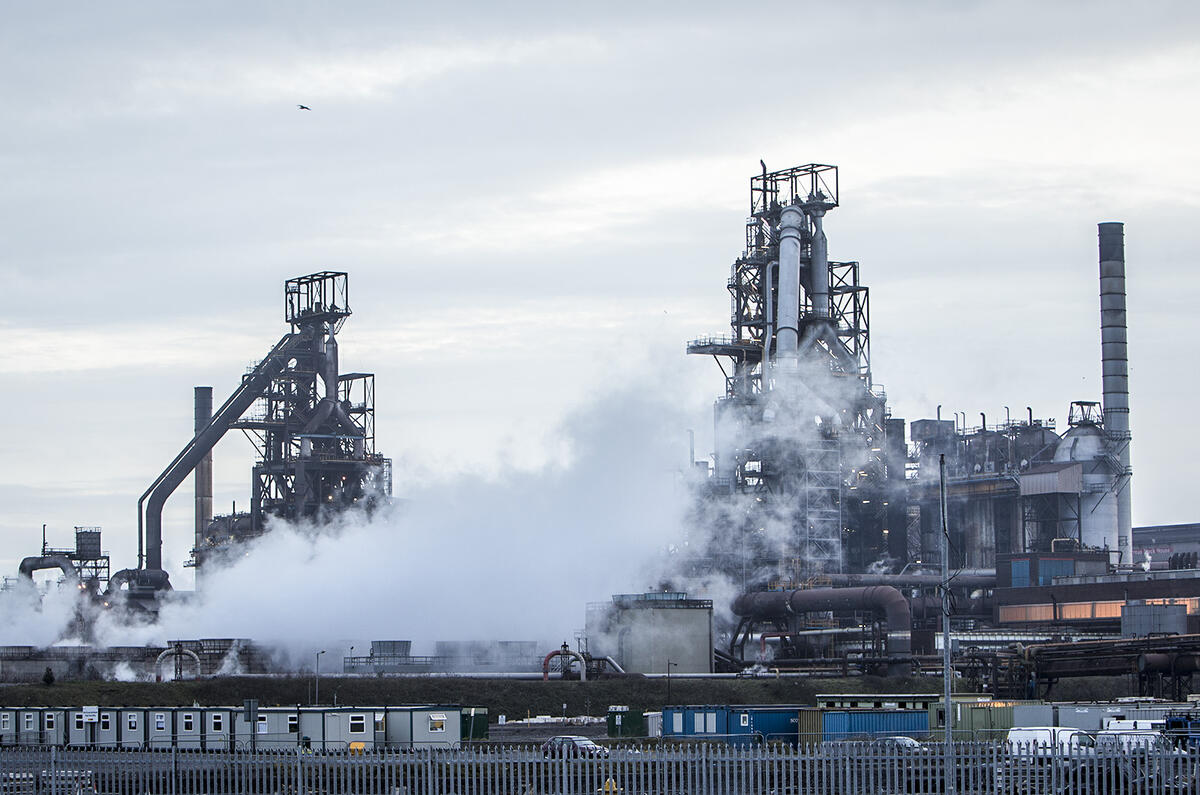Britain’s steel and car industries are intertwined like very few others. Back in the dimness of time, the British steel industry had to develop new techniques to make large steel sheets that could be bashed into large car panels for the then-newfangled unibodied cars.
And names like Pressed Steel-Fisher became sole suppliers of car bodies to some of the big names in the UK car industry, such as Rootes and Jaguar. Pressed Steel, in fact, grew to be the biggest provider of car bodies and tooling in the world in the post-WW2 era.
But its grip on the UK market has slipped in more recent times – with pressure from China and competition from alternative materials such as aluminium and carbonfibre.
China, for example, has the capacity to make more than 800 million tonnes of steel a year, compared with the UK’s 12m tonnes.
UK steel, however, is higher in quality and more suited to complex applications in modern cars design – for example, in high-strength tailored blanks and galvanised anti-corrosion coatings.
Steel has also been caught up in the general trend to offshore car parts supply. Since the 1980s, when a UK-built car typically featured at least 80% local content, various factors such as labour costs, energy costs and currency peaks have reduced that to around 30%. Only recently has it begun to climb back up to 40%.
Getting exact figures on this steel market is not that easy; the SMMT doesn’t keep those figures. And for the time being, Tata Steel is not divulging the figures.
Although some estimates put the steel content of a car at up to 65% – which includes all components, such as gears, axles, suspension parts and so on. A body-in-white - the pressed body with its ‘closures’ (doors, boot and bonnet) - is closer to 30% of the weight.
Multiply that by 1.3m steel-bodied cars built every year in the UK and the total tonnage could be just over 1.6m tonnes a year – about 13% of the UK’s total output of 12m tonnes per year.
For example, Britain’s biggest car factory, Nissan in Sunderland, makes 500,000 cars a year and uses a substantial tonnage of UK steel – half of it supplied by Port Talbot alone. The rest comes from Europe, partly because the cost of shipping form China is too high.
There is obviously a chance to increase the UK-supplied figure, but whether that’s enough to swing the financial balance in favour of UK steel mills such as Port Talbot is debatable.




Join the debate
Add your comment
Britains decline
Thank Ed and Gordon
Proof that the world is nuts